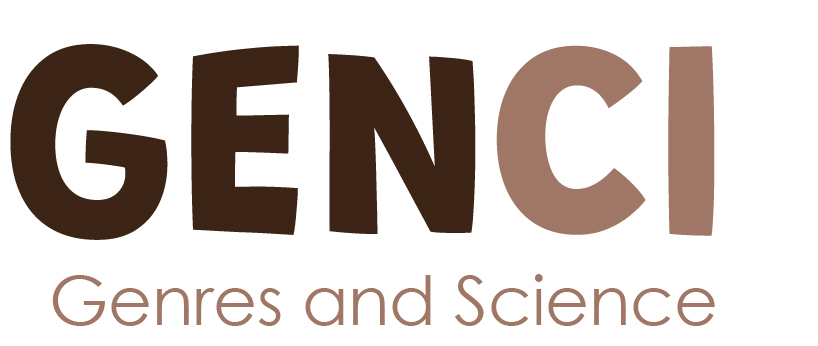Scientists as Engaged and Engaging: Investigating the Scientific Discourse about Climate Change in the Website Latest Thinking. Mª Ángeles Velilla Sánchez and Antoinette Fage-Butler
Abstract
As global publics broadly know about (Pew Research Centre, 2022) and increasingly trust in climate change science (World Economic Forum, 2021), science communication to publics that just presents the epistemological foundations for ubiquitous learning about climate action may not be enough. Values and frames are increasingly considered relevant to include in climate science communication (Dietz, 2013), with climate science communicators encouraged to “make the information relatable, local, and personal” (Donlon, 2023). Reflecting this tendency, online videos concerning climate change are often used as popularization genres (Calsamiglia et al., 2004) with the purpose of “[getting] the audience to care, and [making] shared global challenges seem less daunting” (Donlon, 2023).
This paper thus explores how researchers from various disciplines working with climate change engage publics on the website Latest Thinking by framing climate change as a global challenge that is worth caring about. The website is designed to broaden the accessibility of academic journal content, ensuring that a wider audience can benefit from and engage with scholarly findings (Velilla, forthcoming). A corpus consisting of 18 videos from the ‘Climate’ section of the website is analysed using a bespoke combination of framing analysis, thematic analysis and discourse-pragmatic analysis. Preliminary findings suggest that climate change is framed “not just” as a scientific problem. Engagement is promoted since researchers explain why they care and why publics should care, and moral argumentation for addressing climate change is provided.
